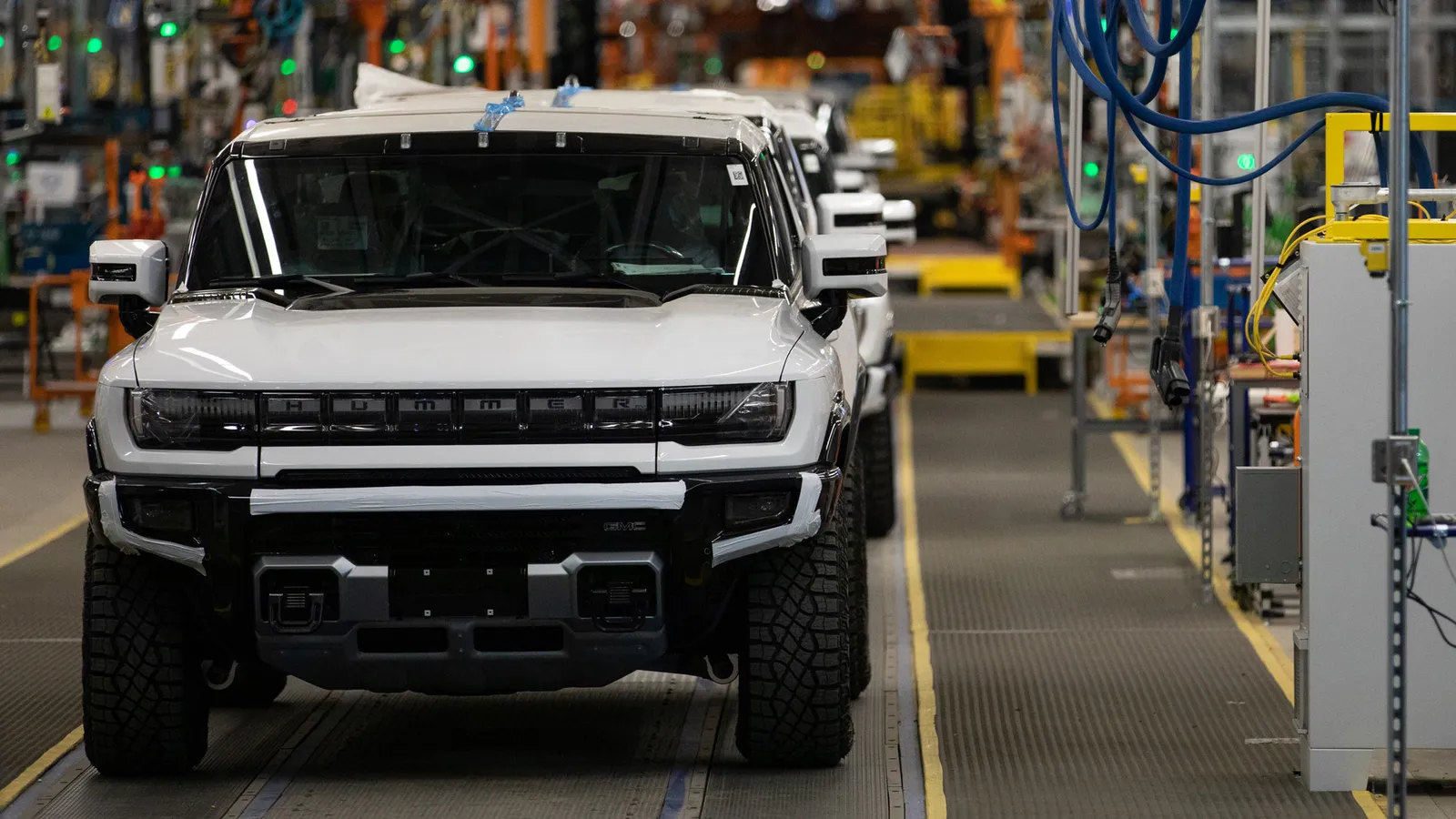While sales of electric cars are up, interest among Americans is down. Most people don't see electric cars as a suitable replacement for their vehicles. Price and lack of charging stations are major concerns, but there's also the worry that electric cars won't be as powerful as today's gasoline cars. People want electric cars that can go long distances on a single charge, but in a country where big trucks and SUVs are the norm, they are not too keen on switching to electric cars. For most, switching to an electric car means changing their lifestyle, something not everyone is ready to do.
Demands for road trip readiness
Americans want electric cars that can go long distances before needing to be recharged. Most people expect electric cars to go at least 300 miles on a single charge, but current cars don't quite get there. While some offer ranges above 250 miles, many things can shorten the range of these cars, such as using air conditioning or driving in poor weather conditions. However, there are studies that show that most daily trips in America are less than 3 miles. Even so, many people still want to know that their car can go the distance if needed. Another issue is the concern over charging. Charging infrastructure is still inadequate and unreliable, making people hesitant to switch to electric cars. Some even choose to return to fuel cars after trying a non-Tesla electric car.
Bigger is still better
Large electric vehicles like trucks and SUVs have some disadvantages that still make them less desirable. Most electric trucks, such as the recently launched Hummer EV, have very large and heavy batteries. For example, the Hummer EV's battery almost weighs the same as an entire Toyota Corolla car. In addition, electric trucks often lose power when used for heavy work such as towing. These issues have many consumers waiting for better versions of large electric vehicles such as trucks or SUVs. They hope that there are more options that can meet their needs before completely switching to electric vehicles.
A wave of change is on the horizon
While most older generations are more reluctant to accept change, younger generations are more open to new technology in vehicles. Surveys show that millennials, the younger generation, are more likely to switch car brands to those that offer better connected technology and autonomous driving features. According to Hensley, this shows that the younger generation does not expect electric vehicles to be the same as conventional cars. They are more flexible in accepting technological changes that can shape their lifestyle, rather than the other way around. Although the older generation currently has great economic power, as the purchasing power of the younger generation grows, the electric vehicle market will also grow. The big question is whether electric vehicles need to adapt to the expectations of society or should the expectations of the American people change.
Source :
https://www.bbc.com/worklife/article/20231204-why-us-drivers-may-be-thinking-about-evs-all-wrong



Comments
Post a Comment